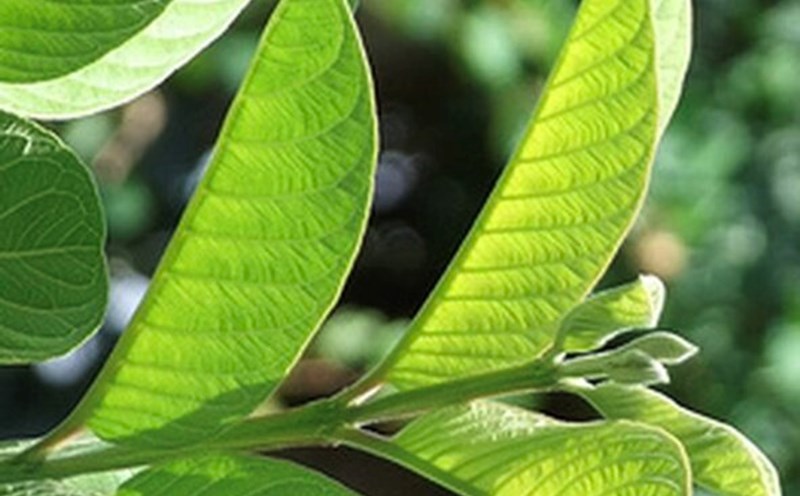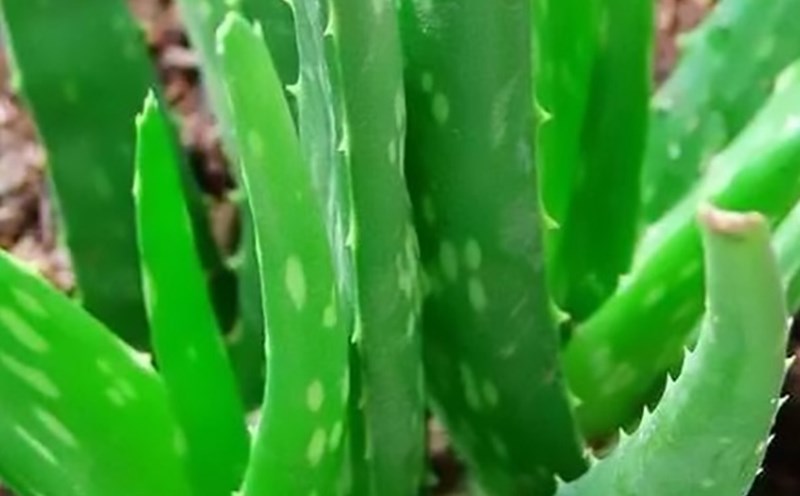During treatment and recovery, diet plays a very important role, which can directly affect disease progression.
According to the World Health Organization, a balanced diet, reducing liver burden and supporting liver cell regeneration is the key to treating liver disease.
First, people with liver dysfunction should prioritize easily digestible and low-ammoniac proteins, such as egg whites, tofu, lean fish and chicken breast. Plant and egg proteins help limit the accumulation of ammoniac in the blood - a major cause of liver disease. However, the amount of protein needs to be adjusted appropriately, depending on the severity of liver damage and the doctor's recommendation.
Second, you should increase green vegetables, fruits with low sugar, rich in antioxidants such as vitamins C, E, beta-carotene. Foods rich in antioxidants such as carrots, broccoli, blueberries, and amaranth help reduce hepatitis and support liver cell recovery.
Third, reducing saturated fat and monounsugar is necessary. Damaged liver is prone to fat accumulation (fat belly), so avoid fried foods, animal fat and sweet candy. Fructose in soft drinks and processed foods is the main cause of worsening non-alcoholic fatty liver disease
In addition, people with liver dysfunction should drink enough water, limit salt and absolutely avoid alcohol - a factor that directly poisones liver cells.
The diet for people with liver dysfunction should focus on foods that are easy to digest, low in toxins, rich in high-quality micronutrients and protein, helping to reduce the burden on the liver and promote effective liver cell recovery.











